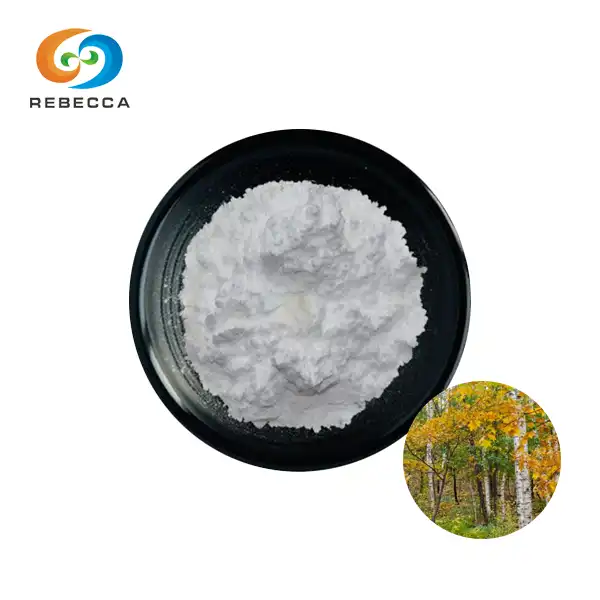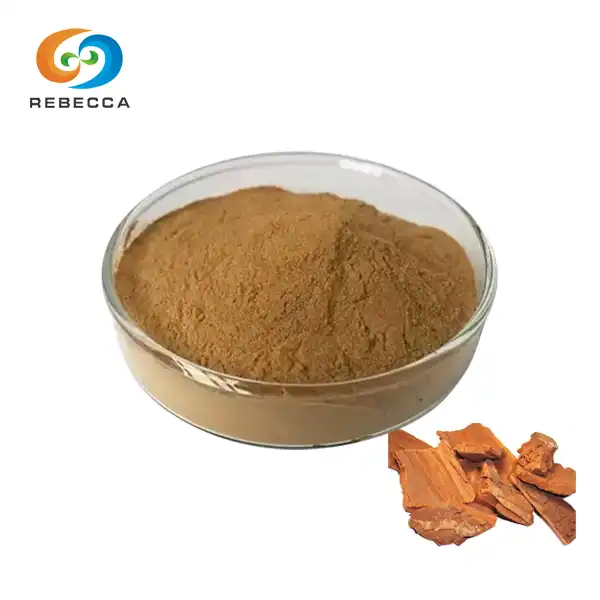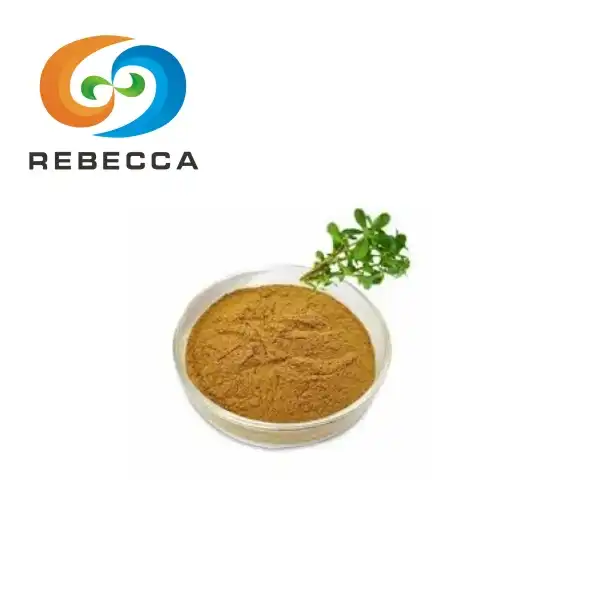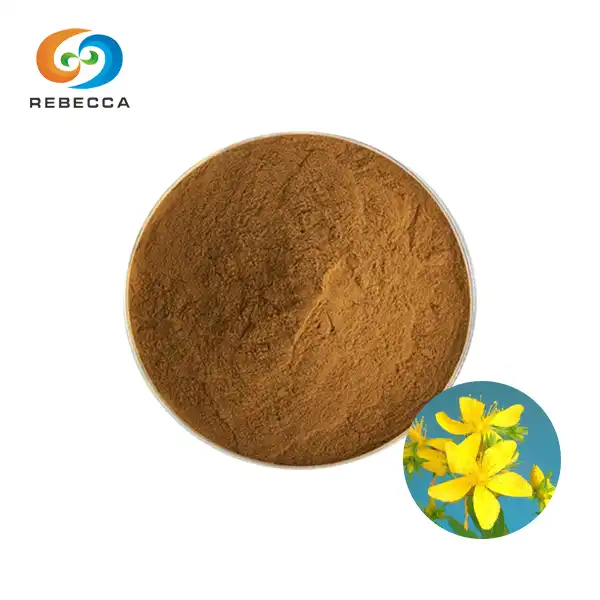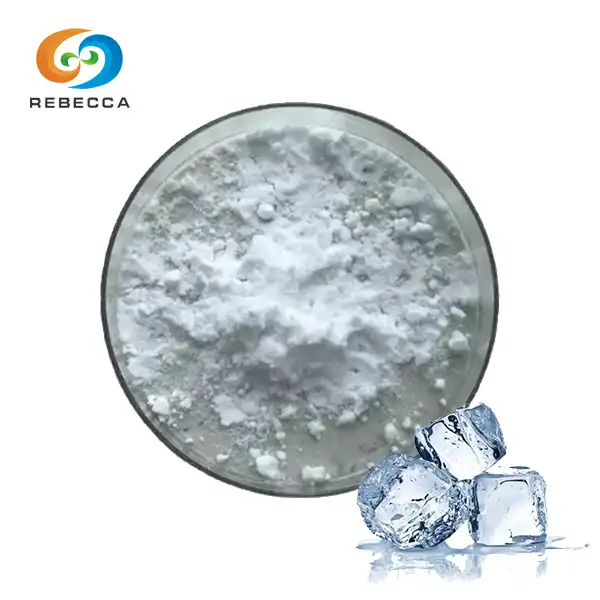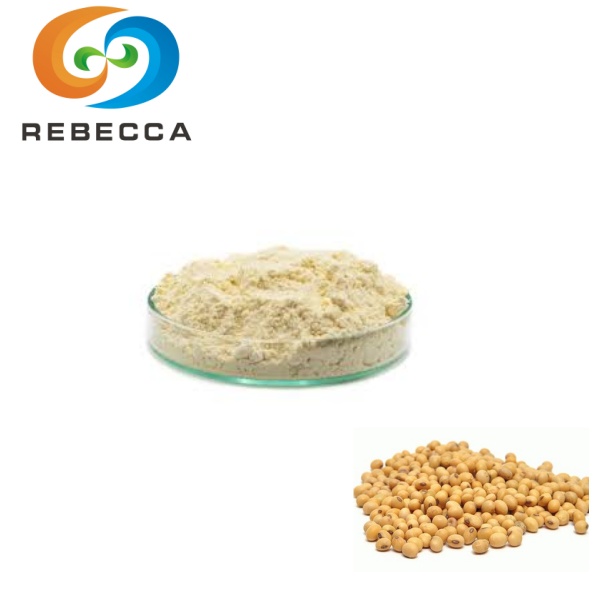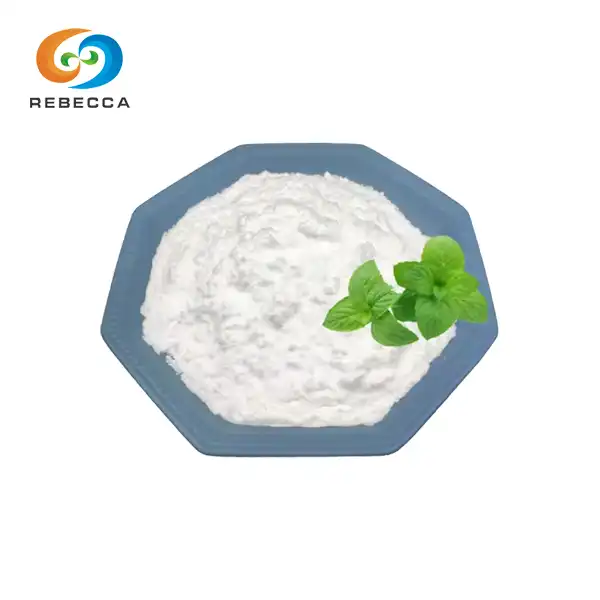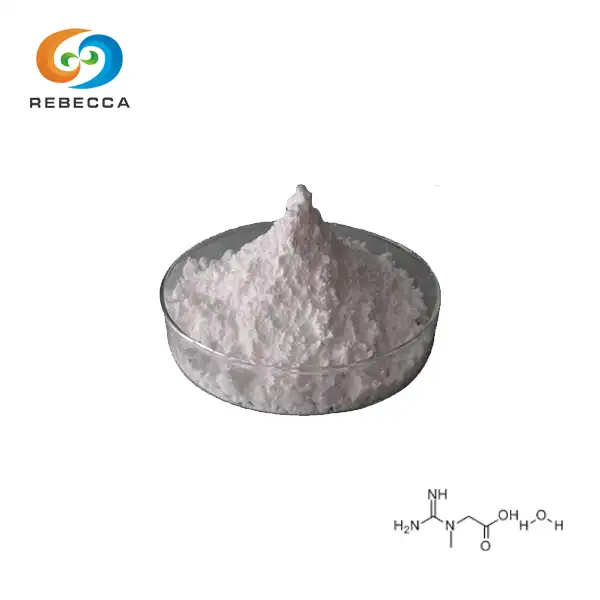Does ecdysterone affect hormones?
Ecdysterone, a naturally occurring compound found in certain plants like spinach and quinoa, has gained significant attention in the fitness and health communities. As interest in this substance grows, many are curious about its potential effects on hormones and overall health. In this comprehensive guide, we'll explore the relationship between ecdysterone and hormones, its impact on muscle growth, and the potential benefits of supplementation.
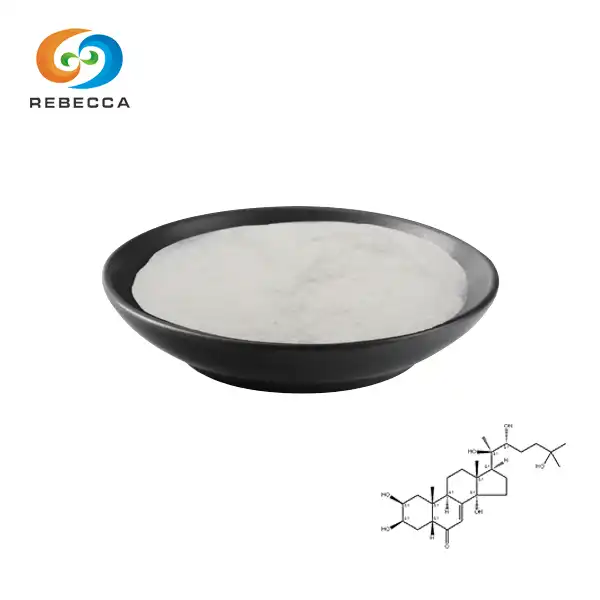
English name: Ecdysterone
Latin Name: Cyanotis arachnoidea CB.Clarke
CAS No.: 5289-74-7
Molecular Formula: C27H44O7
Active ingredients: 20-hydroxyecdysterone;beta-ecdysterone;
Specification: 80%—95%UV, 50%—95%HPLC
Use Part :Root
Appearance: White, Light Yellow, Brown Crystalline Powder
Mesh size:80 Mesh
Test Method: UV, HPLC
The role of ecdysterone in muscle growth
Ecdysterone has piqued the interest of athletes and bodybuilders due to its purported ability to enhance muscle growth and athletic performance. This plant-derived compound belongs to a class of substances known as phytoecdysteroids, which are structurally similar to insect molting hormones.
Mechanisms of action
Research suggests that ecdysterone may promote muscle growth through various mechanisms:
- Increased protein synthesis: It appears to stimulate the production of proteins in muscle cells, potentially leading to enhanced muscle growth.
- Improved nitrogen retention: By promoting nitrogen retention, it may create a more anabolic environment in the body, supporting muscle development.
- Enhanced glucose metabolism: Some studies indicate that the product might improve glucose uptake by muscle cells, providing more energy for growth and recovery.
Anabolic potential
While ecdysterone's anabolic effects have been observed in various studies, it's essential to note that its potency may vary among individuals. Some research suggests that ecdysterone's anabolic potential could be comparable to certain anabolic steroids, albeit without the associated side effects.
Does ecdysterone act like anabolic steroids?
A common question surrounding ecdysterone is whether it acts similarly to anabolic steroids in the body. This comparison arises from the compound's reported muscle-building properties and its structural similarities to certain hormones.
Ecdysterone vs. anabolic steroids
While ecdysterone may share some effects with anabolic steroids, there are crucial differences:
- Receptor binding: Unlike anabolic steroids, which primarily bind to androgen receptors, it appears to interact with estrogen receptor beta (ERβ).
- Hormonal disruption: Anabolic steroids can significantly disrupt the body's natural hormone production, while ecdysterone doesn't seem to have this effect.
- Side effects: Anabolic steroids are associated with numerous side effects, including liver damage and cardiovascular issues. Ecdysterone, in contrast, has not been linked to such adverse effects in current research.
Hormonal impact
Current evidence suggests that ecdysterone does not directly affect hormone levels in the same way as anabolic steroids. It doesn't appear to suppress natural testosterone production or cause significant alterations in estrogen levels. This unique characteristic makes ecdysterone an intriguing option for those seeking muscle-building benefits without the hormonal side effects associated with traditional anabolic compounds.

Health benefits of ecdysterone supplementation
Beyond its potential for muscle growth, ecdysterone has been studied for various health benefits. These potential advantages contribute to its growing popularity as a dietary supplement.
Metabolic health
Ecdysterone may offer several benefits for metabolic health:
- Blood sugar regulation: Some studies suggest that product might help improve insulin sensitivity and glucose metabolism.
- Lipid profile: Research indicates that ecdysterone could positively impact cholesterol levels, potentially supporting cardiovascular health.
- Weight management: By potentially enhancing metabolism and lean muscle mass, it may indirectly support weight management efforts.

Adaptogenic properties
Ecdysterone is often classified as an adaptogen, a substance that may help the body resist various stressors. This adaptogenic quality could contribute to:
- Improved stress response: Ecdysterone might help modulate the body's reaction to physical and mental stress.
- Enhanced recovery: By potentially reducing oxidative stress and inflammation, it could support faster recovery from exercise and other physical demands.
- Cognitive function: Some preliminary research suggests that ecdysterone might have neuroprotective properties, potentially supporting brain health and cognitive function.
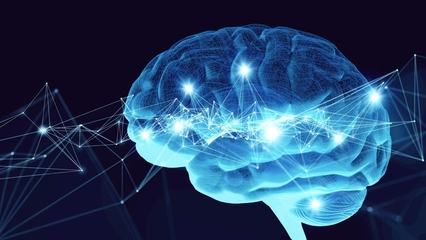
Bone and joint health
Emerging research points to potential benefits of ecdysterone for skeletal health:
- Bone density: Some studies indicate that ecdysterone might help improve bone mineral density, which could be particularly beneficial for aging individuals or those at risk of osteoporosis.
- Joint support: The anti-inflammatory properties of ecdysterone may contribute to improved joint health and reduced discomfort associated with exercise or age-related joint issues.
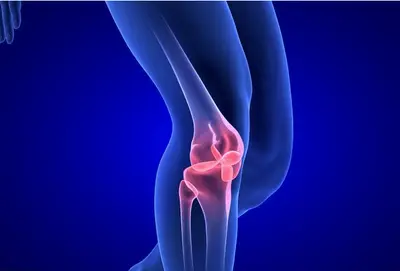
Immune system support
Ecdysterone's potential impact on the immune system is an area of growing interest:
- Immunomodulation: Some research suggests that ecdysterone might help balance immune responses, potentially supporting overall immune function.
- Antioxidant properties: The antioxidant capabilities of ecdysterone may contribute to cellular health and protection against oxidative stress.
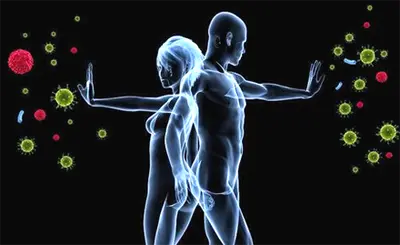
Hormone balance
While ecdysterone doesn't appear to directly alter hormone levels, its interaction with estrogen receptor beta (ERβ) may have implications for hormone balance:
- Estrogen modulation: By selectively binding to ERβ, it might offer some of the benefits associated with estrogen without the potential risks of estrogen replacement therapy.
- Testosterone support: Unlike some anabolic compounds, it doesn't seem to suppress natural testosterone production, potentially making it a safer option for those concerned about maintaining hormonal balance.
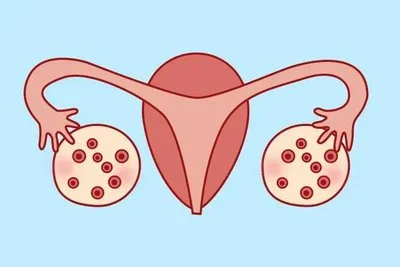
Cardiovascular health
The potential cardiovascular benefits of ecdysterone are being explored:
- Blood pressure regulation: Some studies suggest that ecdysterone might help support healthy blood pressure levels.
- Endothelial function: Research indicates that ecdysterone could potentially improve the function of blood vessel lining, contributing to overall cardiovascular health.
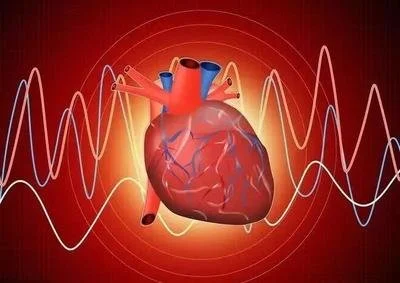
Liver health
Unlike many anabolic compounds that can strain the liver, ecdysterone may offer hepatoprotective benefits:
- Liver function support: Some studies suggest that ecdysterone might help protect liver cells from damage and support overall liver health.
- Detoxification: The potential antioxidant properties of ecdysterone could contribute to the body's natural detoxification processes.
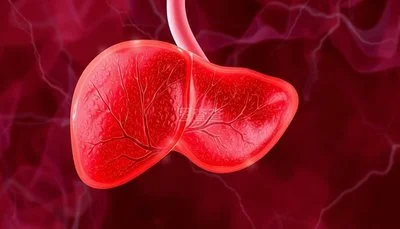
Skin health
Ecdysterone's potential benefits extend to skin health:
- Collagen production: Some research indicates that ecdysterone might stimulate collagen synthesis, potentially supporting skin elasticity and reducing the appearance of aging.
- Wound healing: The compound's potential to enhance protein synthesis and cell regeneration may contribute to improved wound healing.

Safety and considerations
While ecdysterone appears to be well-tolerated, it's crucial to consider the following:
- Long-term effects: More research is needed to fully understand the long-term effects of ecdysterone supplementation.
- Individual response: As with any supplement, individual responses to ecdysterone may vary.
- Quality and purity: When considering ecdysterone supplementation, it's essential to choose high-quality products from reputable sources to ensure purity and efficacy.
- Consultation: Before starting any new supplement regimen, it's advisable to consult with a healthcare professional, especially for individuals with pre-existing health conditions or those taking medications.
Conclusion
Ecdysterone presents an intriguing option for those seeking potential muscle-building and health benefits without the risks associated with anabolic steroids. While it doesn't appear to directly affect hormone levels in the same way as traditional anabolic compounds, its interaction with estrogen receptor beta and its potential to enhance protein synthesis may contribute to its anabolic effects. The compound's adaptogenic properties and potential benefits for metabolic health, bone density, and overall well-being make it a subject of continued research and interest in the health and fitness communities.
At Shaanxi Rebecca Biotechnology Co., Ltd., we are dedicated to providing high-quality ecdysterone powder derived from natural plant sources. Our advanced processing techniques, including high-temperature drying and ultra-fine grinding, ensure that our ecdysterone powder retains its potency and purity. Whether you're a pharmaceutical company, a health supplement manufacturer, or a research institution, our product meets the highest standards of quality and efficacy. To learn more about our product and other natural herbal extracts, please contact us at information@sxrebecca.com.
References
1. Gorelick-Feldman, J., et al. (2008). Phytoecdysteroids increase protein synthesis in skeletal muscle cells. Journal of Agricultural and Food Chemistry, 56(10), 3532-3537.
2. Dinan, L. (2001). Phytoecdysteroids: biological aspects. Phytochemistry, 57(3), 325-339.
3. Parr, M. K., et al. (2015). Ecdysteroids: A novel class of anabolic agents? Biology of Sport, 32(2), 169-173.
4. Bathori, M., et al. (2008). Phytoecdysteroids and anabolic-androgenic steroids--structure and effects on humans. Current Medicinal Chemistry, 15(1), 75-91.
5. Isenmann, E., et al. (2019). Ecdysteroids as non-conventional anabolic agent: performance enhancement by ecdysterone supplementation in humans. Archives of Toxicology, 93(7), 1807-1816.
_1730691017423.webp)












